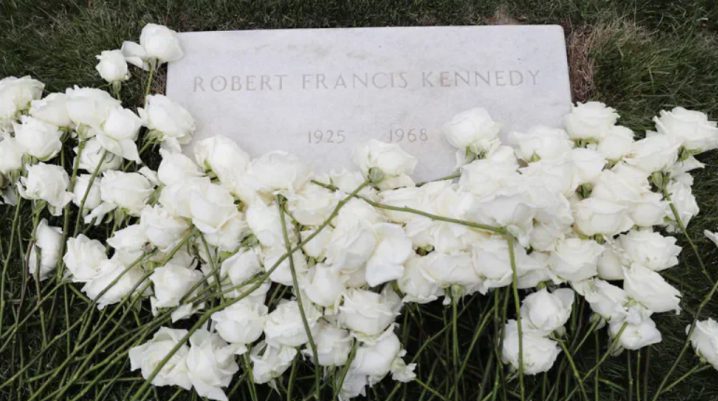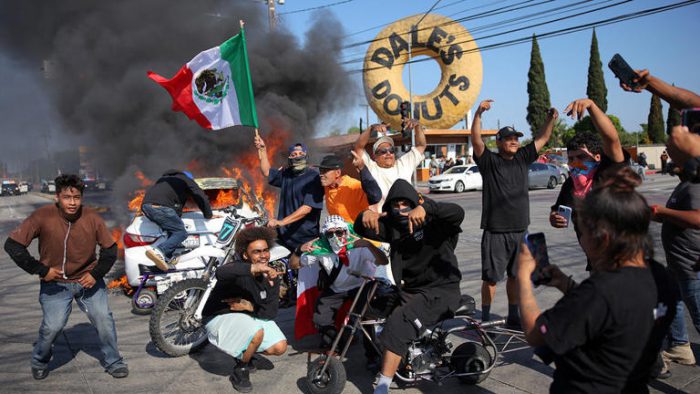US government releases nearly 10,000 pages of documents linked to the 1968 assassination of Sen. Robert F. Kennedy. Among them are chilling handwritten notes from gunman Sirhan Sirhan, who described an obsession with killing the senator.
Nearly 10,000 pages of long-classified material related to the assassination of Senator Robert F. Kennedy in 1968 were made public by the US National Archives on Friday, providing new insight into the mind of the man responsible and the broader context surrounding the murder, reported The Associated Press.
The files include previously unseen photographs of handwritten notes by Sirhan Sirhan, the man convicted of killing Kennedy, according to AP.
Among the notes, Sirhan wrote: “RFK must be disposed of like his brother was.” Other scribbled lines repeat chilling phrases such as “R.F.K must die” and “R.F.K must be killed.” In a dated entry from May 18, 1968, Sirhan expressed that his intent to assassinate Kennedy had become “an unshakable obsession.”
Sirhan shot and killed Kennedy on June 5, 1968, at the Ambassador Hotel in Los Angeles, shortly after Kennedy had won California’s Democratic presidential primary.
Sirhan was convicted of first-degree murder in 1969 and sentenced to death. His sentence was reduced to life in prison when California abolished the death penalty in 1972. In March of 2023, he was denied parole for the sixteenth time.
The documents that were released are part of a broader effort to declassify sensitive materials under a directive issued by President Donald Trump. The release follows the recent publication of previously redacted records tied to the 1963 assassination of President John F. Kennedy.
Additional records include an array of interviews conducted by federal agents with Sirhan’s associates, including neighbors, classmates, and coworkers. While some described him as sociable and generous, others portrayed him as emotionally volatile and deeply political. He was also reportedly drawn to mysticism for a time.
The archives’ upload includes 229 individual files, some of which had never been digitized before and remained in government storage for decades.
In a January executive order, President Trump mandated the release of records tied to both the Robert F. Kennedy and Martin Luther King Jr. assassinations. His administration framed the move as part of a broader push for transparency.
Robert F. Kennedy Jr., the senator’s son and current US health secretary, praised both Trump and Director of National Intelligence Tulsi Gabbard for their commitment to declassifying the documents.
“Lifting the veil on the RFK papers is a necessary step toward restoring trust in American government,” he said in a statement quoted by AP.





